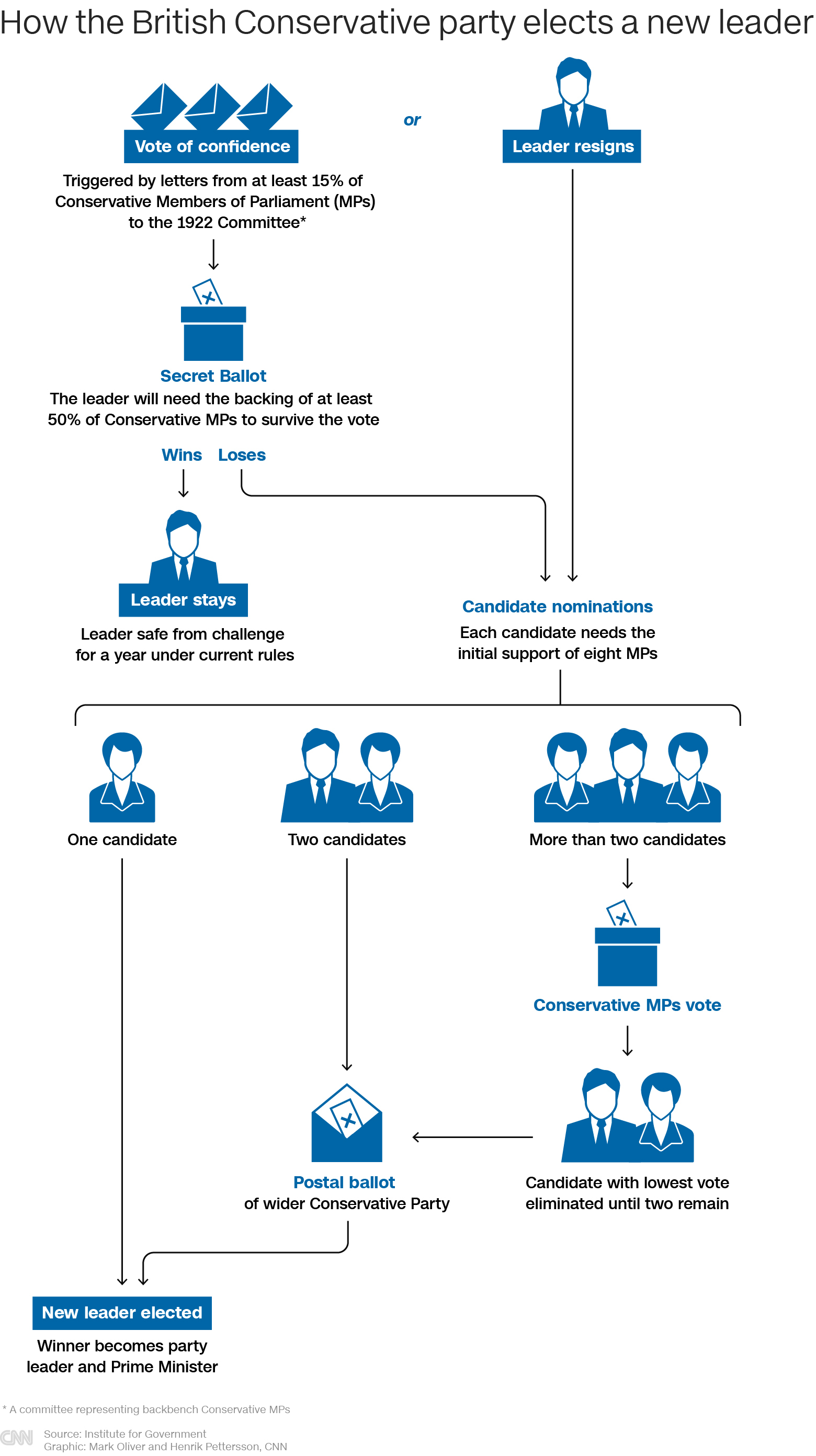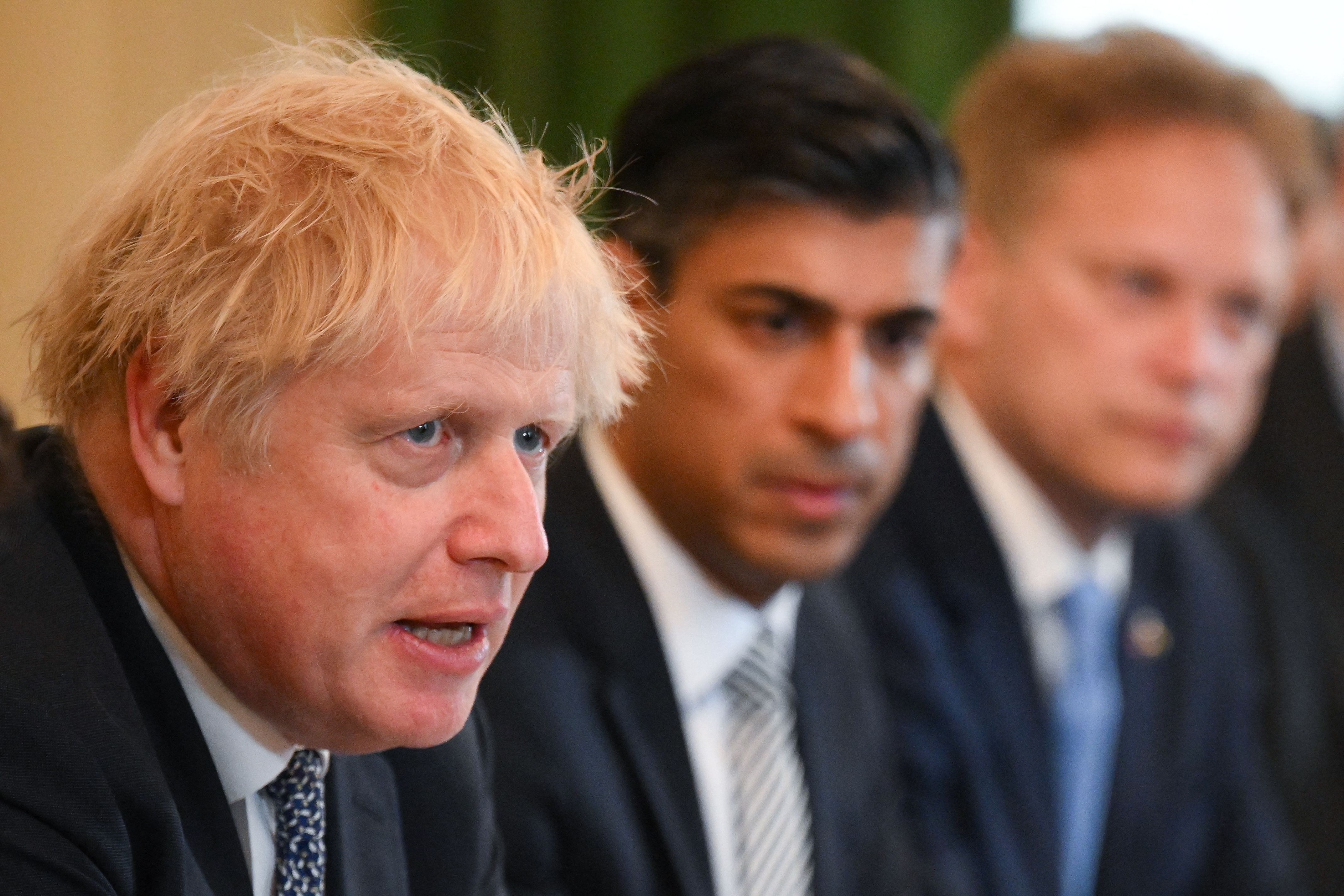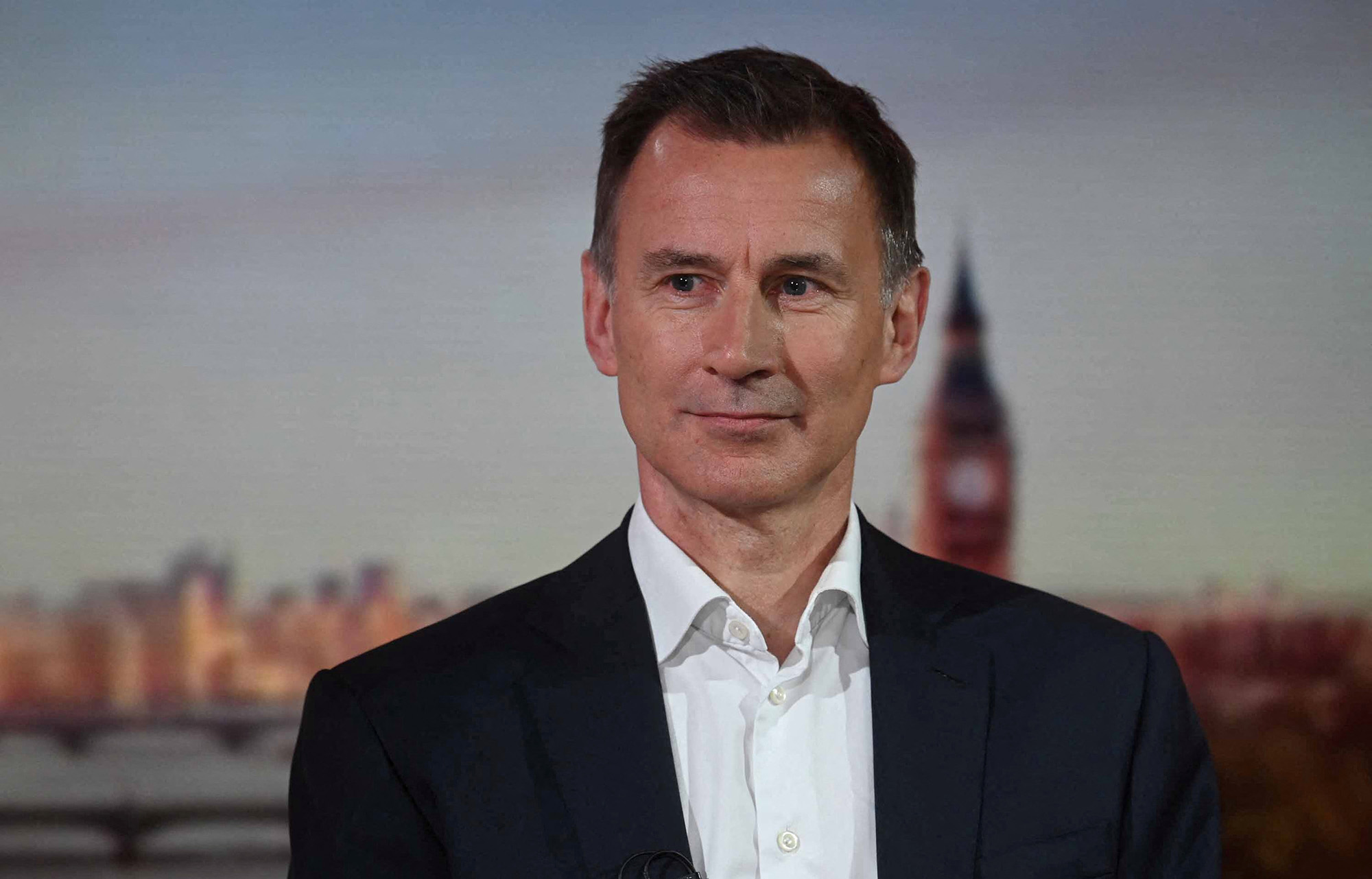Boris Johnson's political career is on the line as he faces a vote of confidence on Monday evening.
Here's what you need to know.
What is a confidence vote?
A vote of confidence is a formal process in which members of a parliamentary party vote on whether or not they want the current leader to remain.
Under Conservative Party rules, if members of parliament (MPs) want to get rid of their leader, they submit a confidential letter of no confidence to the chair of the 1922 Committee, who keeps them secret, not even revealing how many letters have been submitted.
A threshold of 15 percent of party members must be reached to trigger a confidence vote.
There are currently 359 Conservative MPs. The 15 percent threshold was met when 54 letters of no confidence from disgruntled lawmakers in Johnson's own party were submitted to Graham Brady, the chair of the 1922 Committee.
All Conservative lawmakers will participate in the vote between 6 p.m. and 8 p.m. on Monday local time (1 p.m. to 3 p.m. ET), and the votes will be counted immediately afterward.
What happens if he loses the vote?
If the majority of Conservative MPs vote against him, Boris Johnson will have to step down as Conservative Party leader.
He could remain as Prime Minister while a replacement is found in a Tory leadership vote, but once that person is chosen, they'll take over as Britain's leader.
180 votes against Johnson will be needed to remove him.
And what if he wins?
If more than half of Tory MPs vote in support of Johnson, his leadership cannot be challenged with a confidence vote for 12 months. However, it is possible that these rules can be rewritten by the Conservative Party.
Even if a prime minister wins, a confidence vote ultimately tends to be fatal. Johnson’s predecessor Theresa May was out of office less than a year after winning a vote of confidence.








